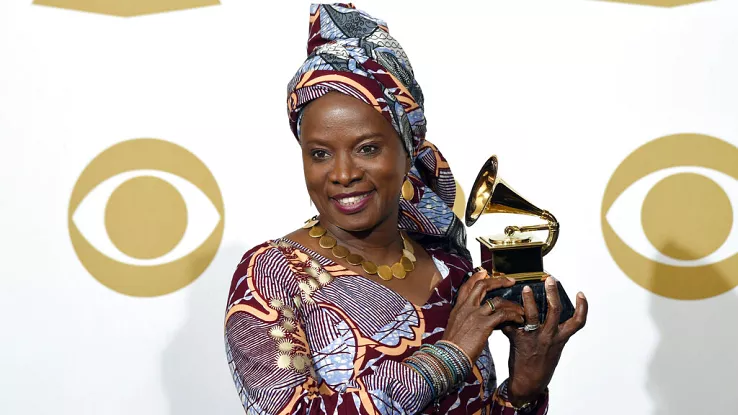Title: “African Music Shines: From Grammy Recognition to Global Impact”
The diverse genres and talents of the African music industry are not just making waves on global charts but are also claiming a spot on the prestigious Grammy stage.
The recently introduced Grammy category, “Best African Music Performance,” scheduled for this Sunday, signifies a substantial acknowledgment of regional musical traditions. This category recognizes “recordings that utilize unique local expressions from across the African continent,” showcasing the richness and diversity of African music.
In 2022, Sub-Saharan Africa stands out as the fastest-growing region for recorded music revenues, according to the International Federation of the Phonographic Industry’s Global Music Report 2023. This growth is propelled by newer genres like Afrobeats and amapiano, blending West African styles and South African kwaito, respectively.
The Grammy category embraces various African music genres, including Afrobeat, Afropop, soukous, shaabi, chaabi, benga, bongo flava, fuji, and high life. These genres, deeply rooted in cultural expressions, resonate across dance floors not only on the continent but worldwide.
Streaming platforms play a crucial role in pushing African music beyond borders. Afrobeats streaming on Spotify alone has witnessed remarkable growth of over 500% since 2017. Hit tracks like Nigerian artist Rema’s “Calm Down” and South African sensation Tyla’s “Water” exemplify the global success and impact of African artists.
LeriQ, a Nigerian producer influential in Burna Boy’s Grammy-winning album “Twice As Tall,” emphasizes the uniqueness of the African sound, focusing on rhythm and feelings over technicalities. This distinctive approach resonates with the continent’s young and culturally vibrant population, set to comprise a quarter of the world’s population by 2050.
While challenges like limited purchasing power and infrastructure constraints persist, increased attention from major record labels and a commitment to developing local talents indicate the industry’s potential for further growth.
African music goes beyond entertainment; it serves as a powerful tool against repression and injustice. Songs from the continent amplify voices against repressive governments and societal injustices.
As the industry gains global recognition, there’s optimism among insiders like Efe Omorogbe, a music executive, who sees the vast potential of African music. From Cape Town to Cairo and even in the diaspora, the continent’s music has become a cultural force impossible to ignore, and the introduction of a Grammy category solidifies its undeniable significance on the world stage.

